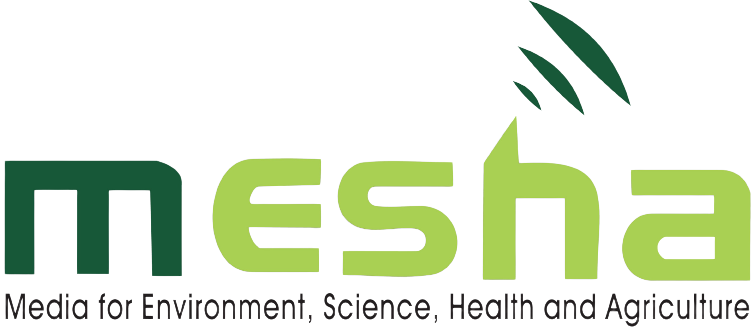By Aghan Daniel I aghan@meshascience.org
The global COVID-19 pandemic is an unprecedented crisis for the African continent and requires a momentous response if we are to recover from the devastation it has and will cause. Journalists, as part of the personnel at the frontline cannot afford to rest on their laurels as the pandemic ravages the cradle of man.
“Journalists and health rights advocates must come together in solidarity, to be vigilant to monitor resource use by the authorities,” says Sylvia Nakasi of Uganda Network of AIDS Services Organisations.
While addressing journalists from Kenya, Uganda, Zambia and Zimbabwe during a cross-border science media café, the advocate noted that journalists must also amplify the need for other services for the good of the community and at the same time preach caution to governments not to hurry to find a vaccine or drugs to the detriment of the health of the public.
The organizations at the forefront of the media café were Zambia Institute of Mass Communication (ZAMCOM) which led its planning and coordination, Media for Environment, Science, Health and Agriculture (MESHA) from Kenya, Humanitarian Information Facilitation Centre from Zimbabwe and Health Journalists Network in Uganda (HEJNU) from Uganda.
Partnerships between journalists, scientists and health experts, said Ms Nakasi, is necessary to ensure the public consumed correct information about Covid-19 in a simple and easy to understand language.
Journalists, she added, need to follow up on whether the resources meant to fight the pandemic are really aiding the interventions or are ending up in people’s pockets.
“Even as you work on your stories, do you ever stop to think about whether the man on the ground actually receives your information in a friendly format in a simple language?” she wondered while vouching for simplicity and accessibility of stories by journalists.
On her part, Ms Zarina Geloo, a veteran science journalist from Zambia asserted that health journalists, particularly those who have covered HIV before occupy a unique position to communicate COVID 19 while applying what has been learnt from covering the former.
She urged journalists to keep their eyes on the big prize by covering all that needs to be communicated to their audience about the virus. As a case in point, she reminded journalists that they must investigate the integrity of the tests being administered by the authorities. High body temperatures can be caused by many other things other than COVID-19.
“As a rule of the thumb, journalists must strive to deliver messages that empower people – use first person stories to illustrate how close and conquerable the virus is,” she asserted.
Ms Geloo, a veteran health journalists, told the audience that it is the work of the health writer to demystify the virus hence community messaging is key pointing out that even experienced writers must go back to the basics and ensure they simplify the messages.
“We need to talk about how we are going to live with it the way we have lived with HIV and make it a manageable disease and we must refocus HIV communication and make it work in the process we normalize it,” she added.
Journalists must not be confused by the science because there are a lot of experts hence they must be wary of the current overload of information. She added that it behoves the journalists to develop knowledge on this disease and continue to rely on the scientists to provide accurate information on what is happening. Finding reputable sources of information, she observed remains the key role of a health journalist and most importantly, “read, and read “and do a lot of research, for experienced hands have come from far and cannot afford to lose the plot on COVID-19.
Further, she said that journalists must understand how the vaccines are being conducted. Are they being done differently with that of HIV vaccine?
“We must stay away from misinformation and stay away from speculation since we do not have the luxury of misinforming our audience,” she concluded.
A scientist on board, Dr. William Kilembe, Project Director, Zambia Emory HIV Research Project said that journalists ought to avoid misunderstanding and miscommunication. He added that they should pass useful information to the public such as the numbers of cases and deaths. Most importantly, he said that it is key for them to give out information on how the public can protect themselves against the virus to avoid its spread.

